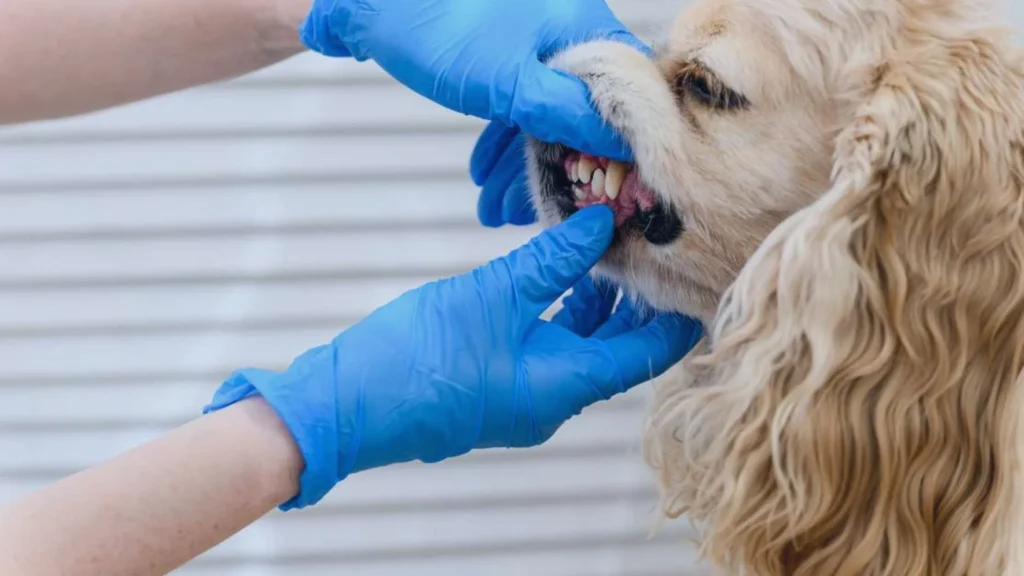Pet dental insurance is a specialized insurance product designed to provide financial coverage for veterinary expenses related to dental care and treatments for pets. This article explores the nuances of pet dental insurance, including its definition, types of coverage options, factors influencing costs, considerations for pet owners, and the overall value of having dental insurance for pets.
Understanding Pet Dental Insurance
Pet dental insurance is specifically tailored to cover veterinary expenses incurred due to dental issues and treatments required for maintaining oral health in pets. These issues may include dental cleanings, extractions, treatments for periodontal disease, and other dental procedures necessary for preserving dental hygiene and overall health.
Types of Coverage
Pet dental insurance typically includes coverage for the following dental procedures and treatments:
- Dental Cleanings: Coverage for routine dental cleanings performed by a veterinarian to remove plaque and tartar buildup.
- Extractions: Coverage for dental extractions required to remove damaged or infected teeth.
- Treatment for Periodontal Disease: Coverage for treatments such as scaling, root planing, and antibiotics for periodontal disease.
- Dental X-rays: Coverage for diagnostic dental x-rays to evaluate the condition of teeth, roots, and surrounding structures.
- Other Dental Procedures: Coverage for additional dental treatments or procedures recommended by a veterinarian to maintain oral health.
Types of Pet Dental Insurance Plans
Comprehensive Plans
These plans provide coverage for a wide range of dental procedures and treatments, including routine cleanings, extractions, and treatments for dental diseases. Comprehensive plans may also include coverage for dental accidents or injuries that affect the teeth or oral cavity.
Dental Care Add-ons
Some pet insurance providers offer dental care add-ons or riders that can be added to existing pet insurance policies. These add-ons provide coverage specifically for dental care and treatments, enhancing the scope of coverage for dental health.
Factors Influencing Pet Dental Insurance Costs
Pet’s Age and Breed
The age and breed of a pet can impact insurance premiums for dental coverage. Younger pets and those without pre-existing dental conditions generally have lower premiums. Certain breeds may be predisposed to dental issues, affecting insurance costs.
Location
Insurance premiums can vary based on geographic location due to differences in veterinary costs, standards of living, and regional factors. Urban areas or regions with higher veterinary expenses may have higher insurance premiums.
Coverage Limits and Deductibles
Higher coverage limits and lower deductibles typically result in higher premiums. Pet owners can adjust these factors based on their budget and level of risk tolerance.
Policy Type and Coverage Options
The type of policy and specific coverage options chosen can influence costs. Comprehensive plans that cover a wide range of dental procedures generally have higher premiums compared to basic plans with limited coverage.
Choosing the Right Pet Dental Insurance Plan
Assessing Pet’s Dental Health Needs
Consider your pet’s age, breed, dental history, and potential for developing dental issues when evaluating insurance options. Pets with dental diseases or predispositions to dental problems may benefit from comprehensive dental coverage.
Comparing Policies
Research and compare multiple pet insurance providers to understand their dental coverage options, exclusions, deductibles, premiums, and customer reviews. Look for policies that align with your budget and provide comprehensive coverage for your pet’s specific dental health needs.
Reviewing Policy Terms and Conditions
Carefully review the terms and conditions of pet dental insurance policies, including coverage limits, exclusions, waiting periods, reimbursement percentages, and any applicable co-pays. Understand what is covered under the policy and any limitations that may apply.

Benefits of Pet Dental Insurance
Financial Protection
Pet dental insurance provides financial protection against unexpected veterinary expenses related to dental care and treatments. It helps pet owners manage the costs of routine dental cleanings, treatments for dental diseases, and emergency dental procedures without the burden of high out-of-pocket expenses.
Maintaining Oral Health
Regular dental care and treatments covered by insurance can help maintain your pet’s oral health and prevent dental diseases such as periodontal disease, tooth decay, and oral infections. Good dental hygiene contributes to your pet’s overall well-being and quality of life.
Access to Quality Veterinary Dental Care
Insurance coverage encourages timely dental care and access to specialized dental treatments or procedures that may be necessary for your pet’s dental health. It ensures that pets receive appropriate dental attention and necessary treatments to maintain oral hygiene and prevent dental issues.
Considerations for Pet Owners
Exclusions and Limitations
Understand the exclusions and limitations of your pet dental insurance policy, including pre-existing dental conditions, coverage restrictions, and annual or lifetime coverage limits for dental procedures. Be aware of any waiting periods that may apply before coverage takes effect.
Routine Dental Care
Incorporate preventive measures such as regular dental check-ups, dental cleanings, at-home dental care, and a balanced diet to promote your pet’s oral health and reduce the risk of dental diseases. Routine dental care can complement insurance coverage and enhance your pet’s overall well-being.
Emergency Dental Care
Evaluate whether your policy covers emergency dental care, including treatments for dental accidents or injuries such as fractures, dislocations, or severe dental infections. Ensure that your policy provides comprehensive coverage for a range of dental emergencies that your pet may encounter.
Conclusion
Pet dental insurance offers essential financial protection and peace of mind for pet owners by covering veterinary expenses related to dental care and treatments. By understanding the types of coverage available, factors influencing costs, and considerations for choosing a policy, pet owners can make informed decisions to safeguard their pet’s dental health and manage the financial impact of unexpected dental issues. While dental insurance requires an upfront investment, it provides invaluable benefits that contribute to the overall well-being and longevity of pets.
